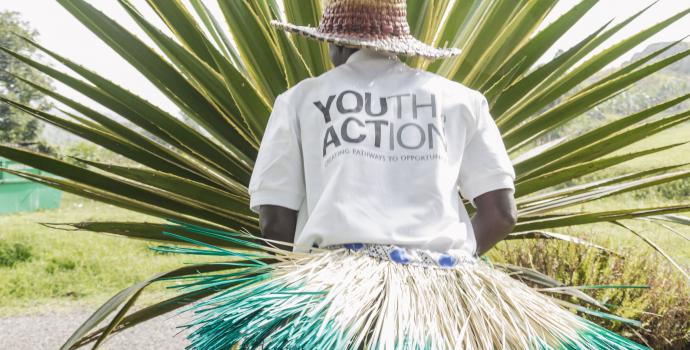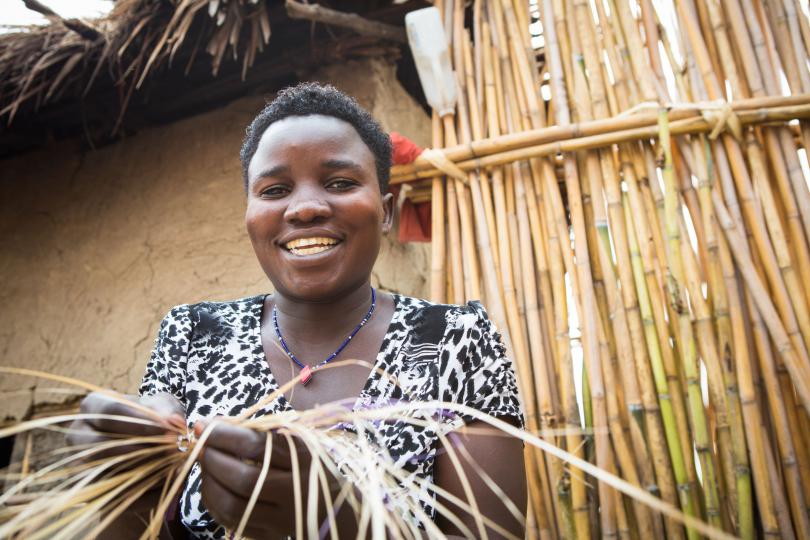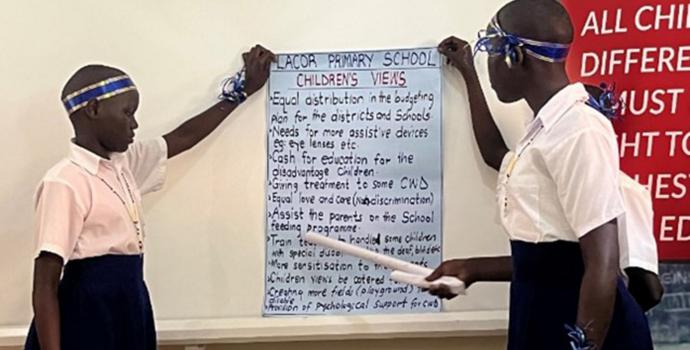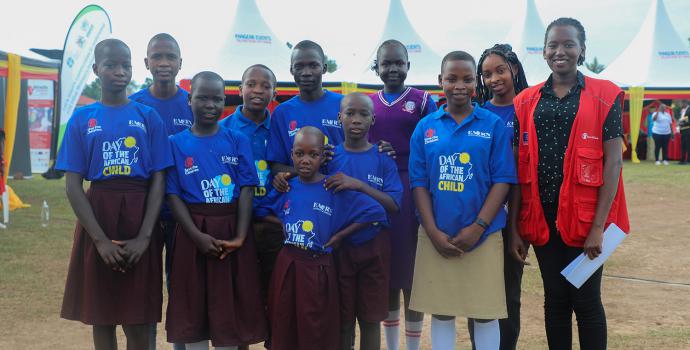Youth in Action supports 40,000 rural African youth

Save the Children, in partnership with the Mastercard Foundation, hosted a learning event to celebrate Youth in Action (YiA), an initiative that since 2012 has worked with 40,000 youth in rural areas of Burkina Faso, Egypt, Ethiopia, Malawi and Uganda to improve their sustainable livelihood opportunities and secure a better future.
YiA is an evidence-based program that takes each participant’s personal situation into account.
Youth work with their families and communities to determine which path will give them the most sustainable and successful outcome. The program enhances participants’ basic reading, writing and math skills, and provides young people with meaningful vocational and entrepreneurial training – allowing them to start up and thrive in their business or to return to school.
In Uganda, which is home to one of the world’s youngest populations and where more than 80% of youth are unemployed, Youth in Action has supported 11,310 youth in rural communities in western Uganda.
As a result of the project, participants’ daily income has nearly doubled. 91 percent of the youth are now in work, and almost all have made enough profit to be able to save money.

Brechtje van Lith, Save the Children’s Country Director in Uganda, said:
“Youth in Action illustrates how young people aged 12 – 18 have the potential to contribute to their own socio-economic wellbeing when given the right support. Youth who are not in school are usually left behind and denied equal opportunities. This event highlights how YiA participants have become agents of change in their communities.”
“No single stakeholder can solve youth challenges alone. Save the Children calls on governments, civil society and the private sector to invest in youth and ensure that they are at the forefront of collaborative efforts to develop sustainable opportunities for young people. It’s especially important that more is done to include 12-18 year-olds in livelihood initiatives, as this age group is often neglected.”
YiA has conducted research over the six-year program and built evidence from all countries for future youth-led initiatives. The successes of the program highlighted from the other countries include:
· Egypt: 553% increase in female youth who worked after the program.
· Burkina Faso: 75% of youth owned a business after the program (compared to 26% prior).
· Ethiopia: The $ value of youth savings increased by seven times
· Malawi: 64% of youth had high financial literacy compared to 17% prior to the program.




